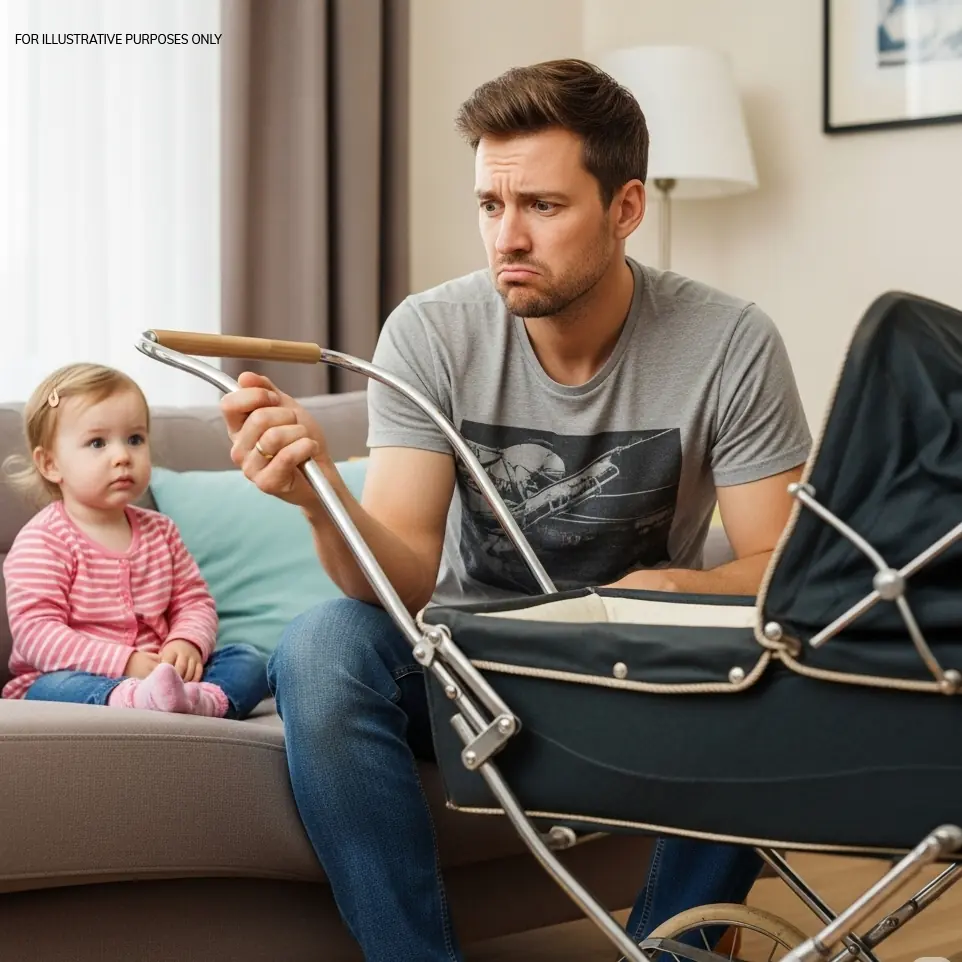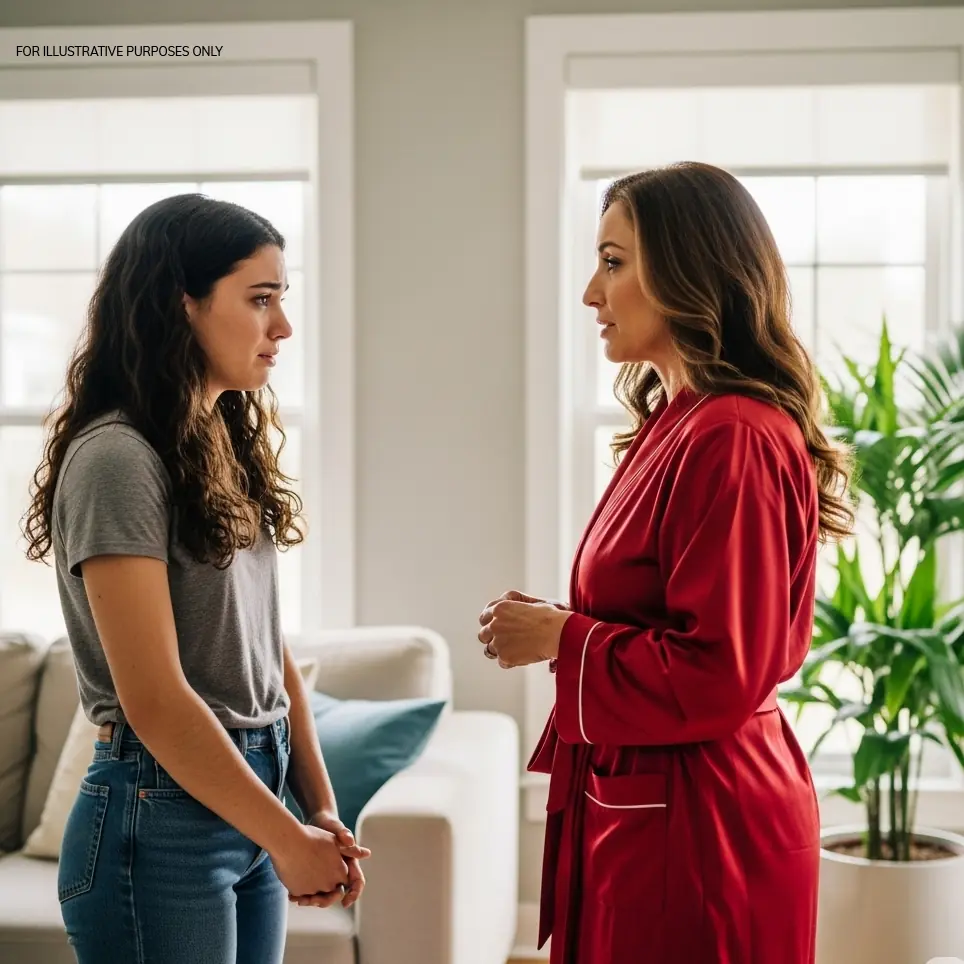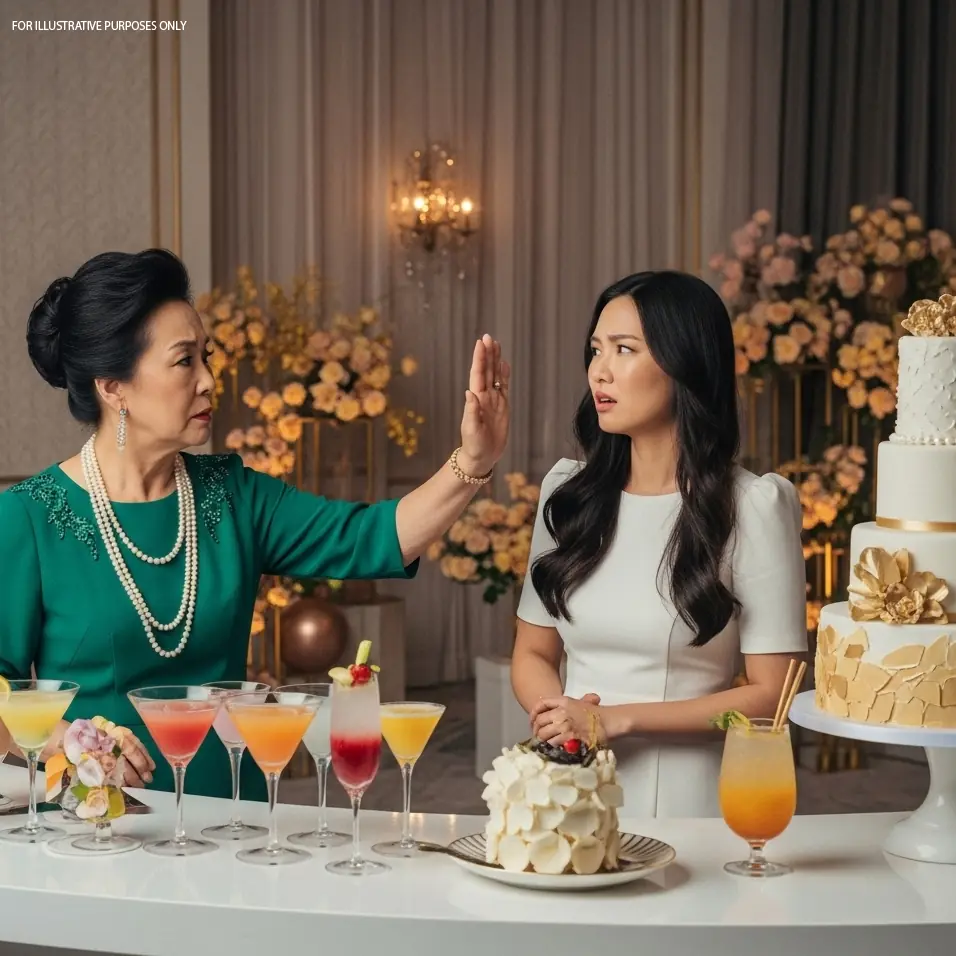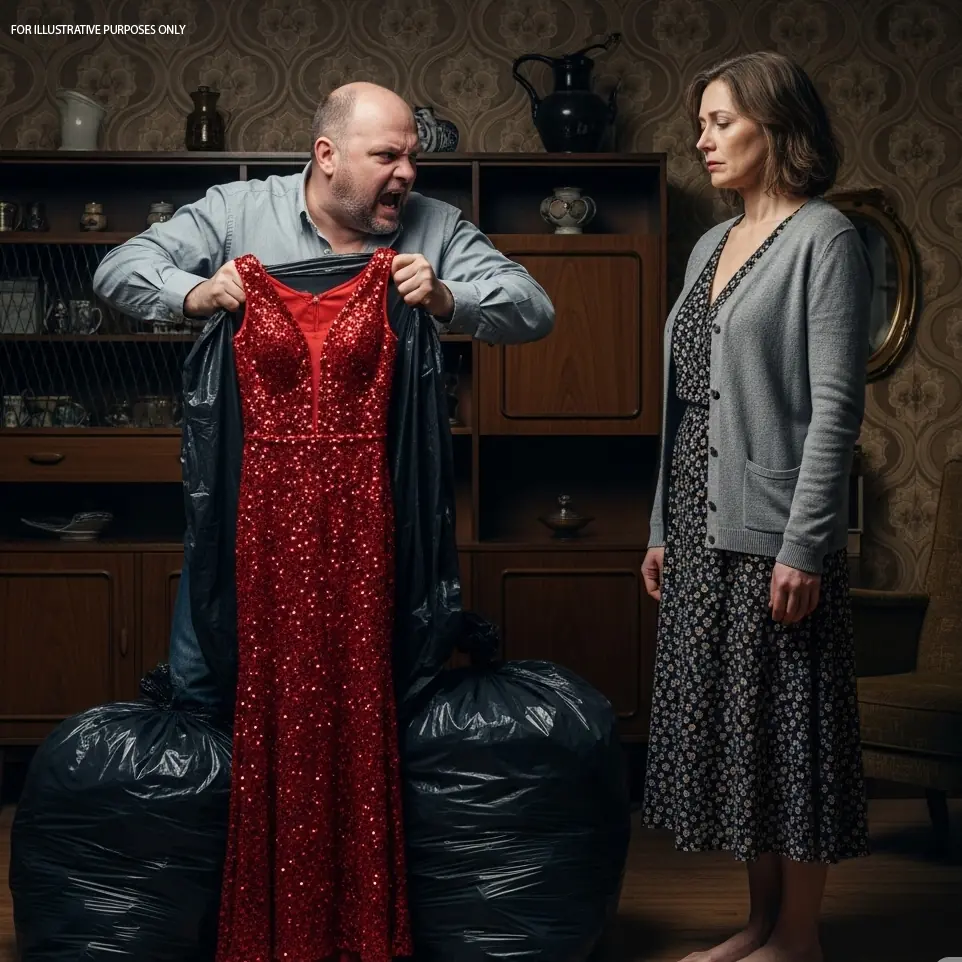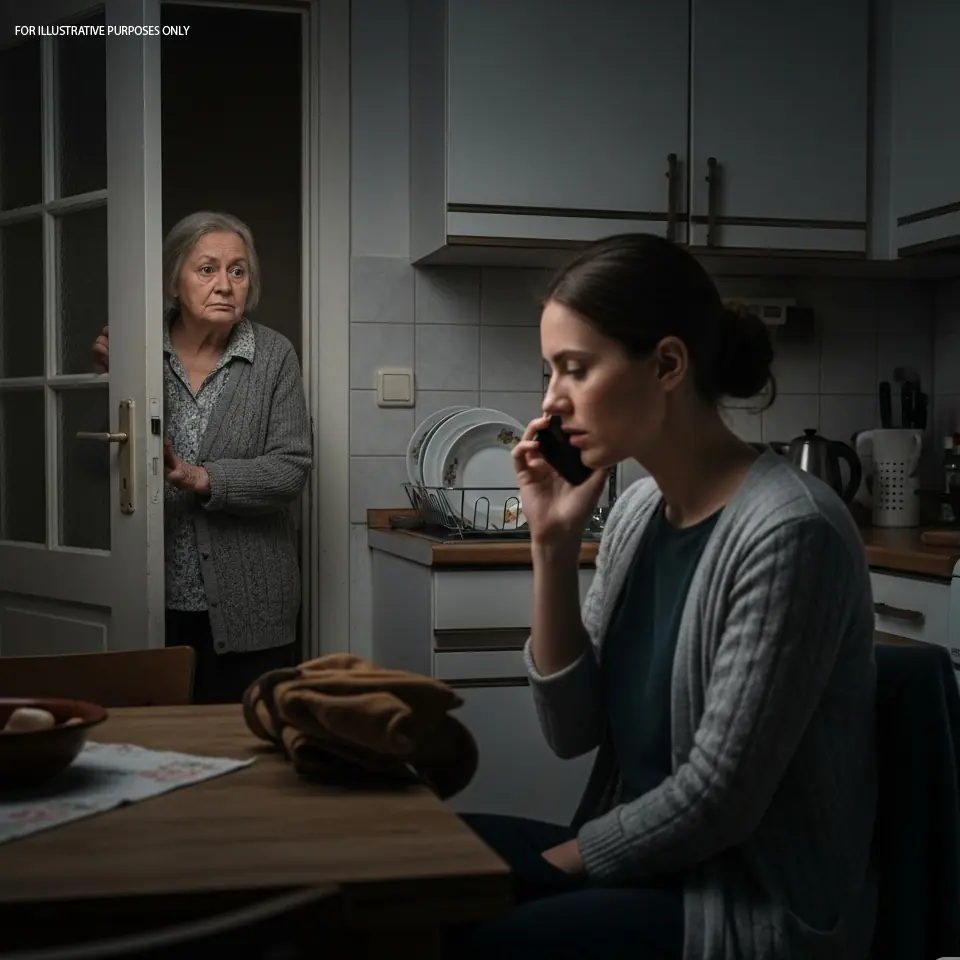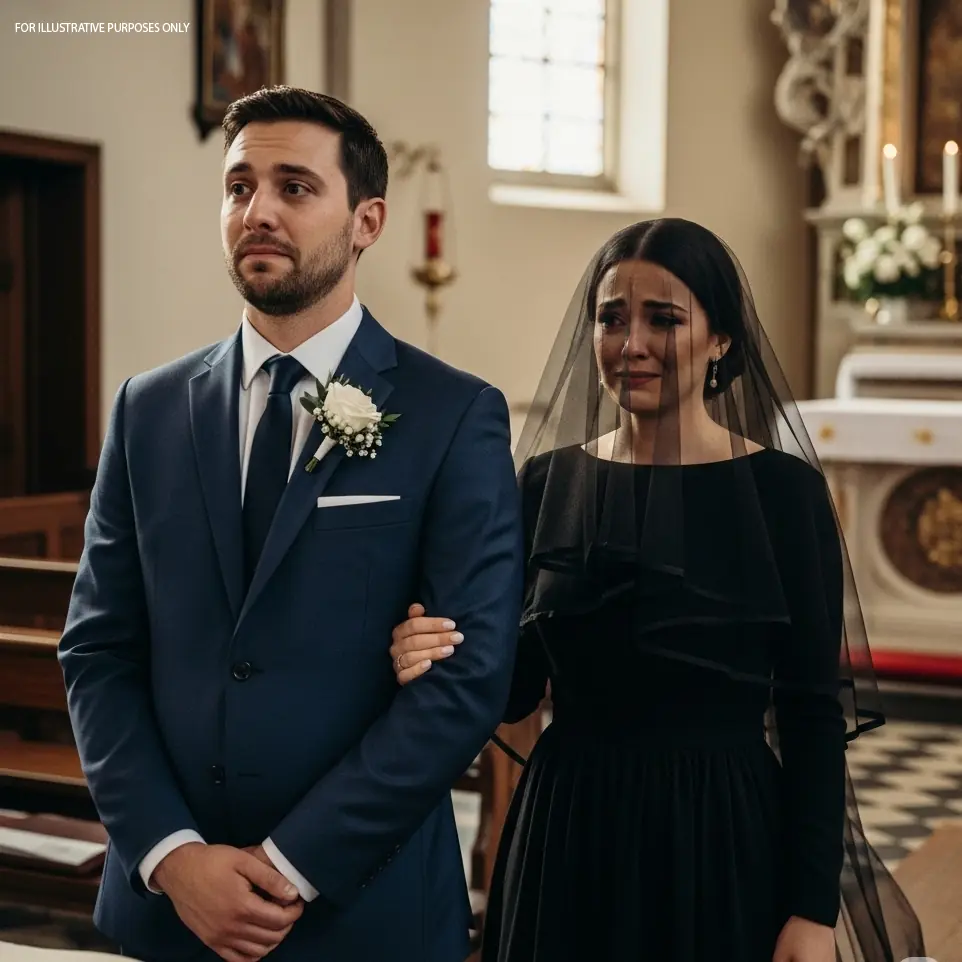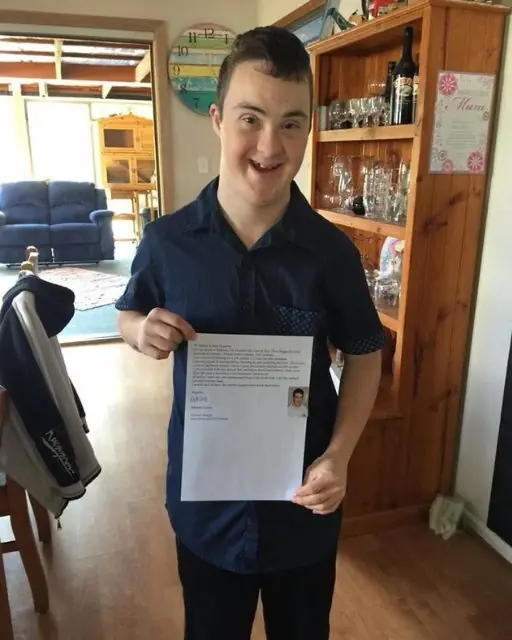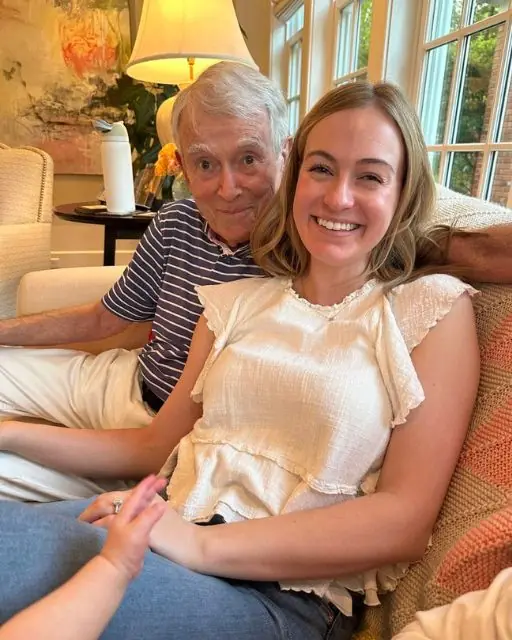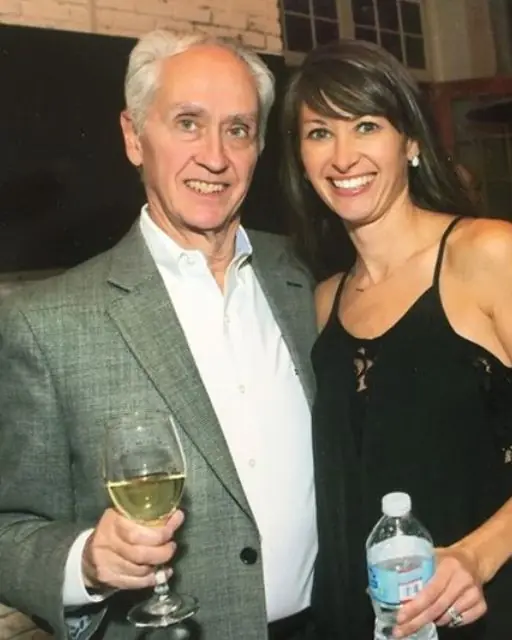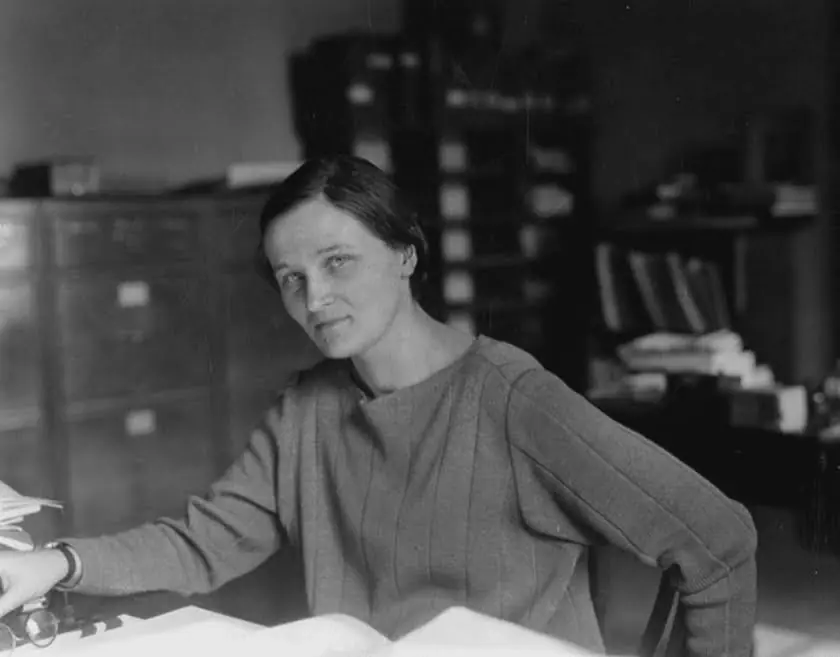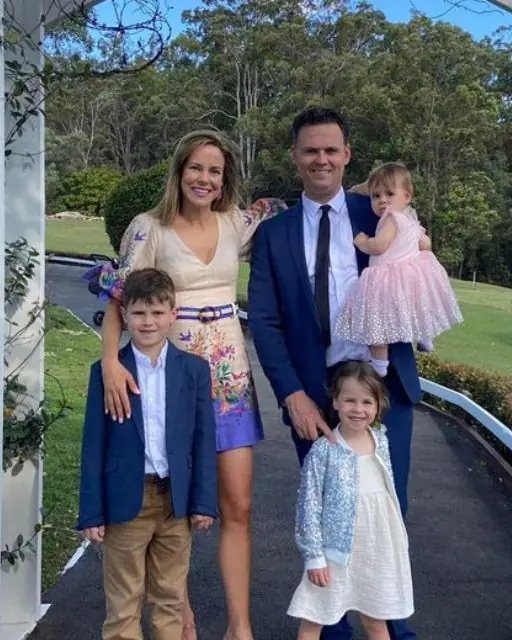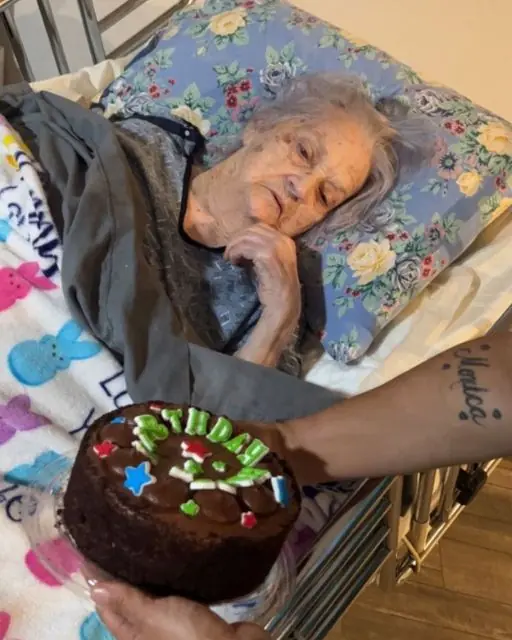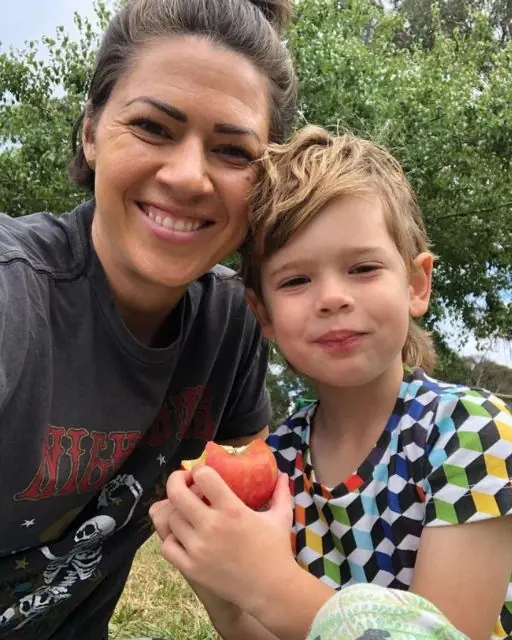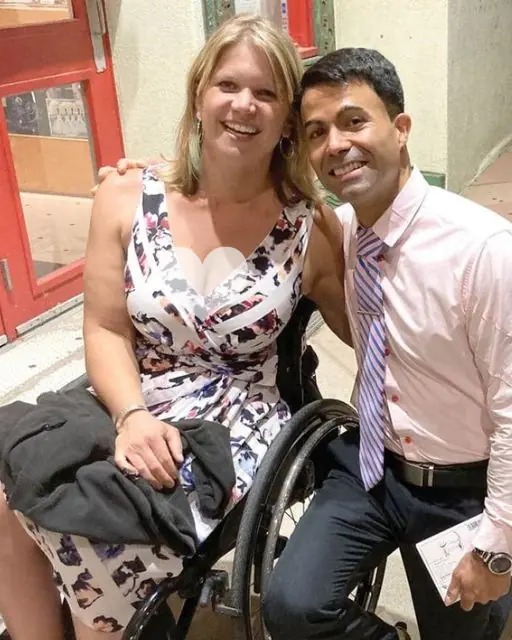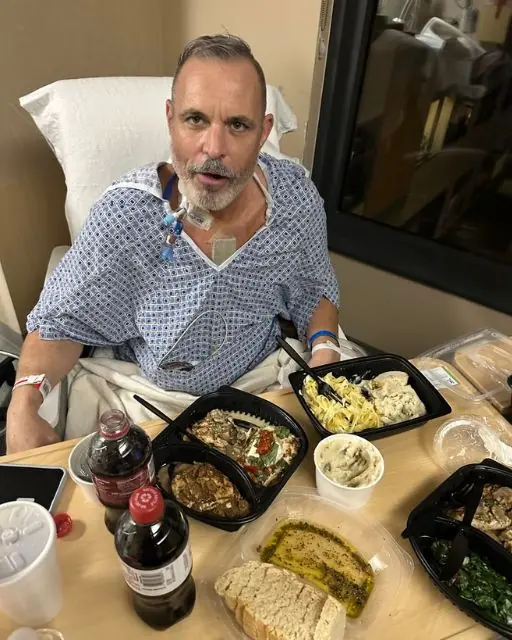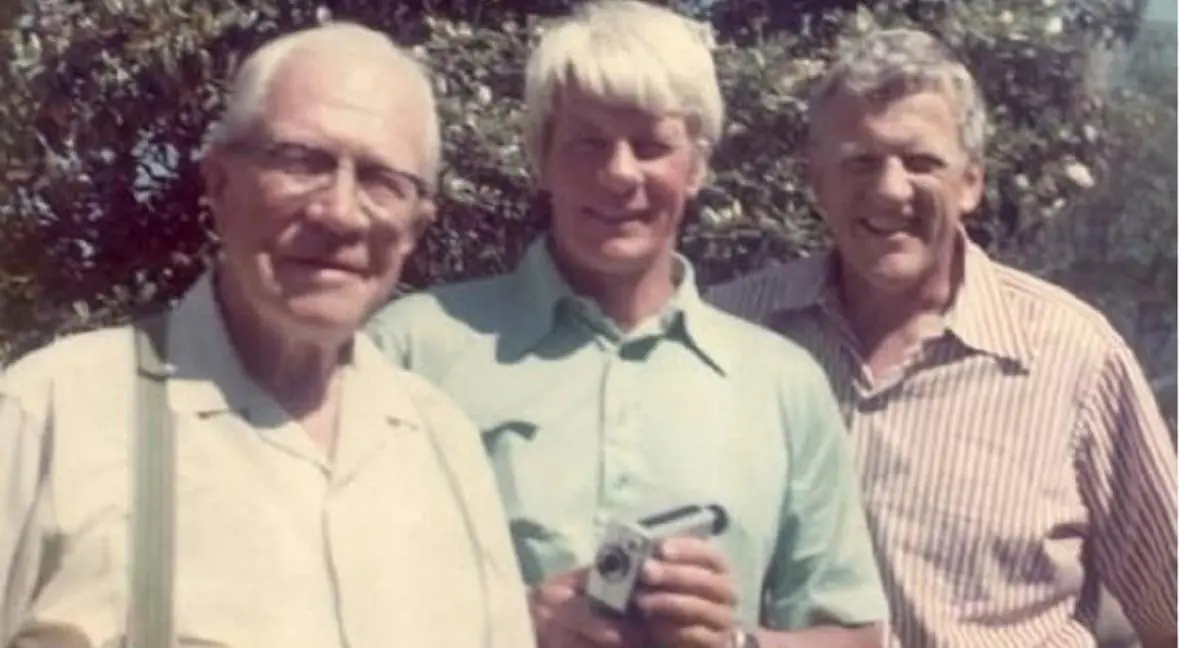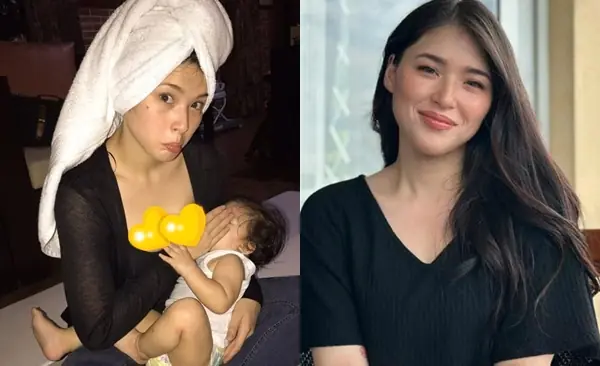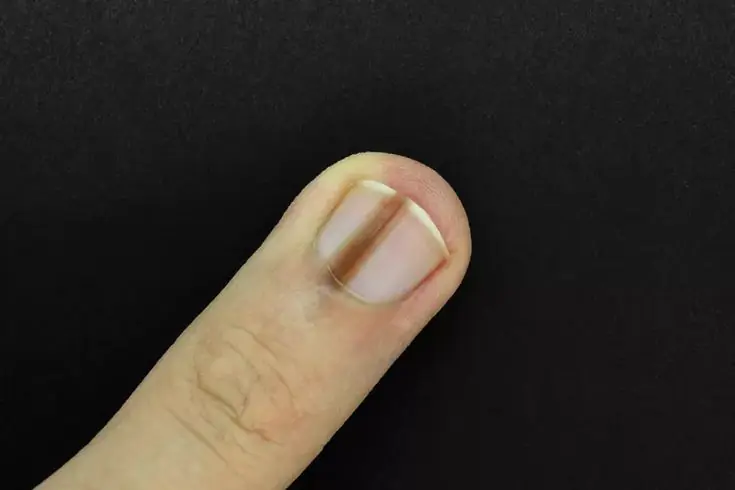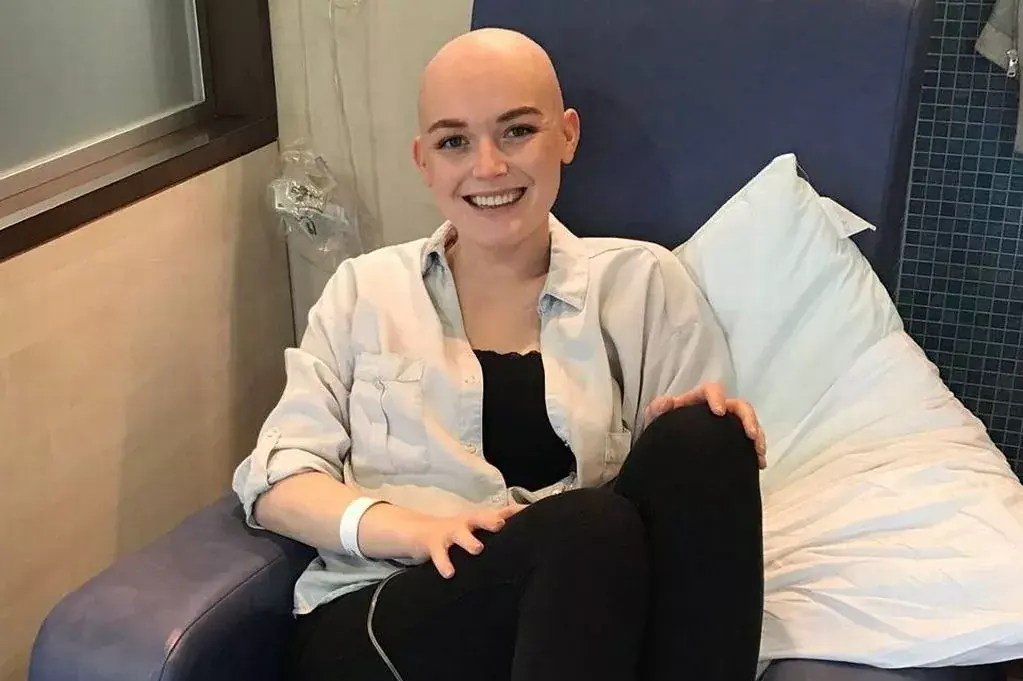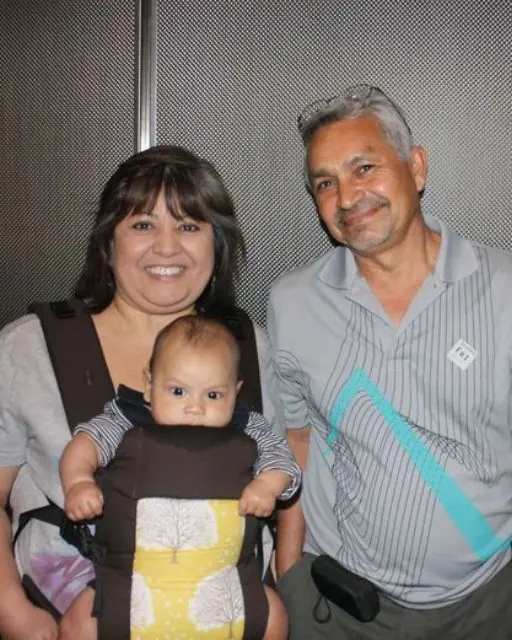
We weren’t ready. Not really.
I remember those early days vividly, the way we clumsily stumbled through the maze of adulthood. The mounting bills that seemed to multiply overnight, the cramped apartment that barely fit our two selves, and the endless arguments about who should tackle the endless pile of dishes. We were young—barely out of our twenties—and life felt like an elaborate puzzle we were still trying to solve.
Kids? They were always “eventually.” That word carried so much promise yet felt so far away. We wanted to travel more, save a bit, maybe buy a home before we expanded our family. We thought we had time, so much time.
But my in-laws? They saw it differently.
His parents, especially my mother-in-law, made their opinions clear from the moment we moved in together. Every family gathering was a minefield of questions and subtle jabs.
“Isn’t it time we got some grandchildren around here?”
“You’re not getting any younger, you know.”
Their words slipped into our lives like a constant drizzle, wet and persistent, seeping into the cracks of our resolve. At first, I tried to laugh them off, shrug it away as harmless family banter. But over time, it was impossible to ignore. The questions evolved into demands disguised as offers of “help,” a cloak of generosity that hid a more controlling intent.
They offered financial support—“to ease the burden”—and babysitting “so you two can have a break.” I understood their excitement, their desire to be grandparents, but it felt like pressure. Quiet, relentless pressure that whispered, “You better hurry up.”
My husband, Tom, started wavering. The man who once stood beside me firmly began to falter under the weight of his parents’ expectations. I saw it in the way he flinched when the subject came up. I heard it in his sighs and the way he looked at me with a mix of hope and helplessness.
I was hesitant, guarded. I wasn’t ready, and yet, I felt caught in a tide too strong to resist.
So, slowly, we gave in.
Pregnancy announcements. Ultrasounds that filled our home with cautious joy. The baby shower—a flood of pastel balloons, tiny clothes, and the excited chatter of family and friends.
Then, finally, the birth. Our son.
He was everything and more—beautiful, perfect, exhausting beyond words.
Holding him for the first time, I was overwhelmed by a love so fierce it scared me. I was a mother. And with that title came a whole new universe of responsibility. The sleepless nights, the constant worry, the dizzying joy mixed with exhaustion.
I thought that the arrival of our son would bring our family closer. That my in-laws’ enthusiasm would translate into support, into a shared love for the little boy who was the center of our world.
At first, it seemed so. Their visits were frequent but welcomed, their help generous and timely. They seemed eager to be part of this new chapter.
But beneath the surface, something shifted.
It began with small things. The unannounced visits, the decisions made without consulting us. Clothes bought in our absence, toys arriving in the mail addressed to “our little one.”
I caught my mother-in-law referring to him as “ours,” her voice warm but possessive. A term that stung more than I expected.
Doctor’s appointments became joint affairs, with them showing up before we even had a chance to prepare. My husband, Tom, often seemed oblivious or hesitant to set boundaries, caught between his love for me and his loyalty to his parents.
The love they showed, while genuine, became overwhelming. Their presence was constant, and the balance of family life tipped in ways I hadn’t anticipated.
I was the mother—he was my son—yet, more and more, it felt like I was watching from the sidelines as my in-laws took center stage in his life.
I tried to speak up.
“Tom, we need boundaries. This is our child, and we need to be the ones making decisions.”
His response was gentle but dismissive.
“They’re just excited. They love him, and honestly, I think you’re overreacting.”
I wanted to believe him. I wanted to see the situation through his eyes and understand their perspective. But the growing sense of displacement gnawed at me. I felt like a guest in my own home.
One afternoon, that feeling crystallized painfully.
I had just returned from running errands. The weight of the day heavy on my shoulders, and the car seats still warm from the summer sun. As I opened the front door, I heard the soft coos and babbles of my son, a sound that usually filled me with joy.
But then I saw her.
My mother-in-law, settled comfortably on the couch with my son in her lap, feeding him a bottle. The ease between them was intimate, familiar, something I had dreamed of sharing with my child but now found myself excluded from.
I froze in the doorway, my breath catching in my thr0at.
“Hey, I’ll take him,” I managed, my voice steady despite the turmoil inside.
Her eyes flicked up, surprised but not inconvenienced.
“Oh, honey, I just thought he needed a little break before his nap. He was fussy.”
The ease in her tone, the subtle implication that I was being sidelined—it hurt.
I forced a smile, took my son gently, and held him close. The softness of his skin, the rise and fall of his chest against mine—moments like these I’d longed for, yet they now came tinged with a bittersweet ache.
Later that night, the conversation with Tom was inevitable.
I laid it all bare.
“I feel like I’m losing my place as his mother. Your parents—they’re wonderful, but they’re overstepping. We can’t let this continue.”
He sighed, running a hand through his hair.
“I don’t want to upset them. They’re just so happy, and I don’t want to be the bad guy.”
“But you have to be,” I said firmly. “For us, for our family. This is our child, and we must protect that.”
That night, Tom made the difficult call. He sat down with his parents, expressing our feelings and setting clear boundaries. It wasn’t easy. There were tears, raised voices, and moments of hurt pride.
My mother-in-law’s voice quivered, “I only wanted to help, to be part of his life.”
And she was. But help without respect, love without boundaries, can suffocate.
Weeks passed. Slowly, the balance returned.
Visits became more respectful, offers of help tempered with requests rather than assumptions.
Our family grew—not just in size, but in understanding.
Then, one day, the unexpected happened.
My mother-in-law showed up at the door with a small envelope. Inside was a gift card for a spa, and a note: “Take some time for yourself. You deserve it.”
That gesture, small but profound, spoke volumes.
It was her way of acknowledging the shift, the respect earned.
Sitting in the quiet calm of that spa, I reflected on the journey.
Motherhood is complicated. Family dynamics, even more so.
But love, respect, and boundaries are the pillars we build on.
If you’re struggling with similar challenges, know that it’s okay to assert your space. To love fiercely but also protect your own.
Your child needs you, but you need yourself too.
Share this story if it resonates, and let’s remind each other: family is about love, respect, and balance.

 We weren’t ready. Not really.
We weren’t ready. Not really.